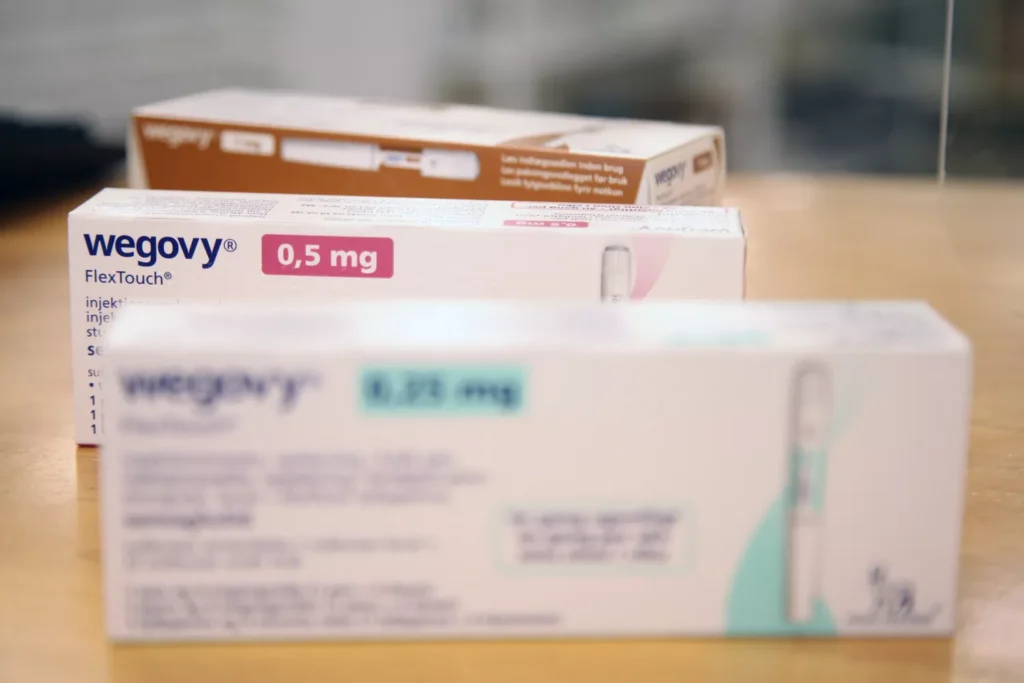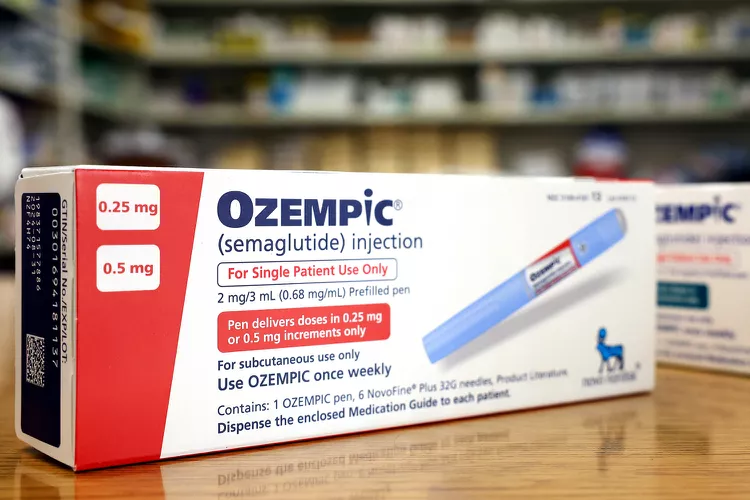A crucial component of the diabetic medication Ozempic and the weight-loss medication Wegovy may cause the stomach to dangerously slow down digestion, physicians warn.
By dangerously slowing down the digestive process, medications like Ozempic and Wegovy may result in severe gastroparesis, often known as stomach paralysis.
According to a CNN story, some doctors are raising the alarm after individuals taking medications for diabetes and weight loss were found to have the illness. The media site added that similar accusations have been made to the American Food and Drug Administration.
The active chemicals in Ozempic, Wegovy, and other medications with a similar structure include semaglutide and liraglutide, GLP-1 receptor agonists that, when used for a prolonged period of time, may cause a delay in food digestion.
Emily Wright, a teacher in Toronto, reported to CNN that she was diagnosed with stomach paralysis, which she said her doctors believe is related to the Olympics. She first used the medication in 2018.

Wright also claims that despite having been off the medicine for a year, “I’m still not back to my normal,” and that she has had to take a leave of absence from work because she constantly throws up.
After taking Ozempic, Joanie Knight, 37, was also given the diagnosis of stomach paralysis. I regret touching it, the Angie, Louisiana, lady told CNN. I regret ever having heard of it.
Taking this medication was a living horror. Hell, what hell. I had to pay for it. It caused me a lot of worry, as well as days, nights, and family vacations. I’ve spent a lot of money on it, and it’s not worthwhile,” she remarked. “The cost is excessive.”
Brenda Allen, a 42-year-old woman from Dallas, experienced similar symptoms after taking Wegovy, and although she tells CNN she hasn’t received a diagnosis yet, she says the weight-loss medication is to blame for her stomach problems, which included vomiting so violently that she ended up in the emergency room due to dehydration.
These medications have previously drawn criticism for these conceivable side effects.
The American Society of Anesthesiologists issued a warning earlier this month to avoid using these medications before surgery because they were discovering that patients, even those who had fasted before the procedure, still had food in their stomachs on the operating table.
Again, the explanation was slower digestion brought on by prolonged drug usage, which put the patients at danger of “regurgitation and pulmonary aspiration.”
There are many areas where we might be able to provide more precise guidance if we have more science, according to Dr. Michael Champeau, president of the ASA and adjunct clinical professor at Stanford University. Because these medications are still fairly new, “they haven’t done studies on how long it actually takes for the stomach to be empty after taking a GLP-1 agonist.”
